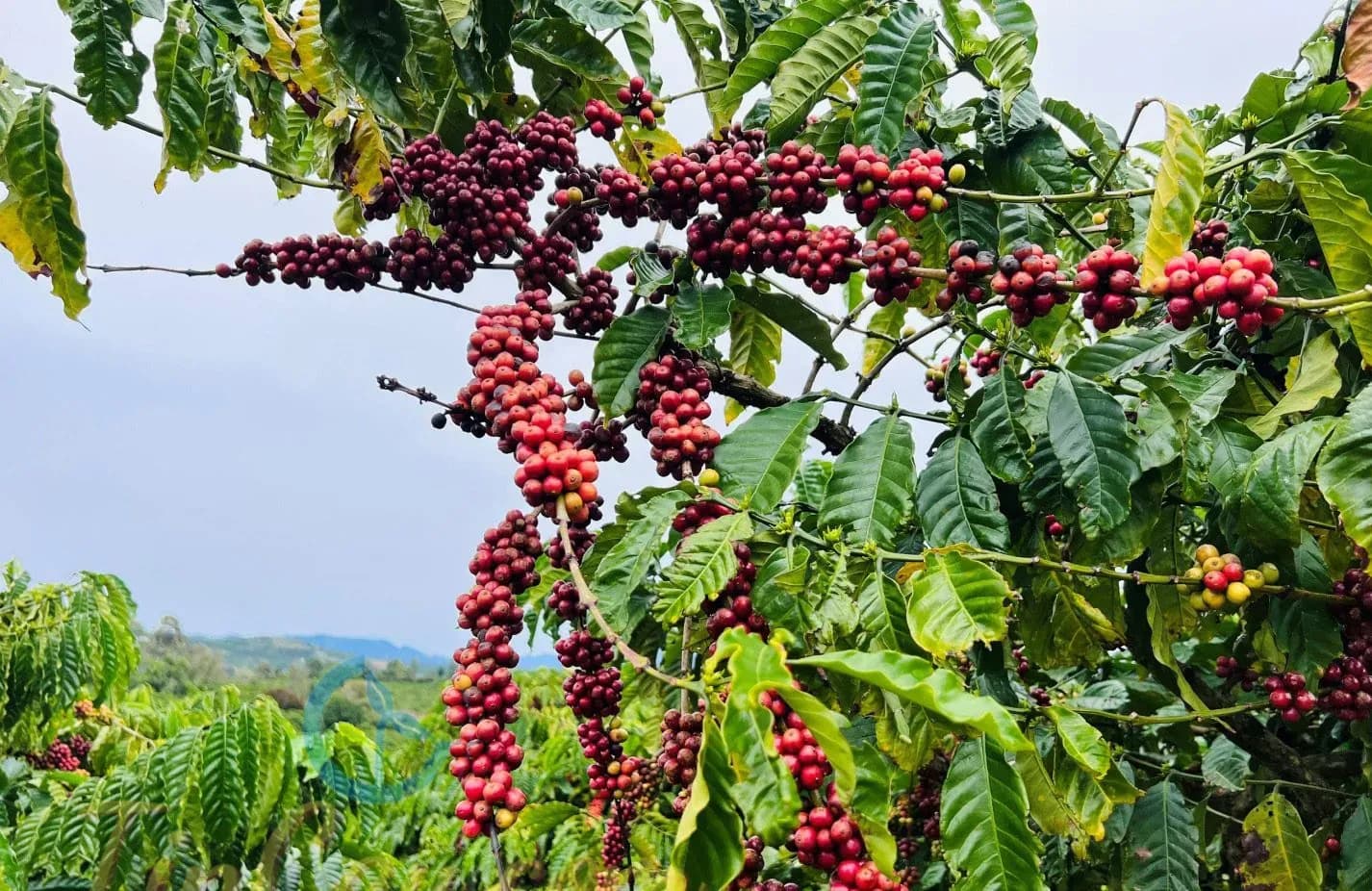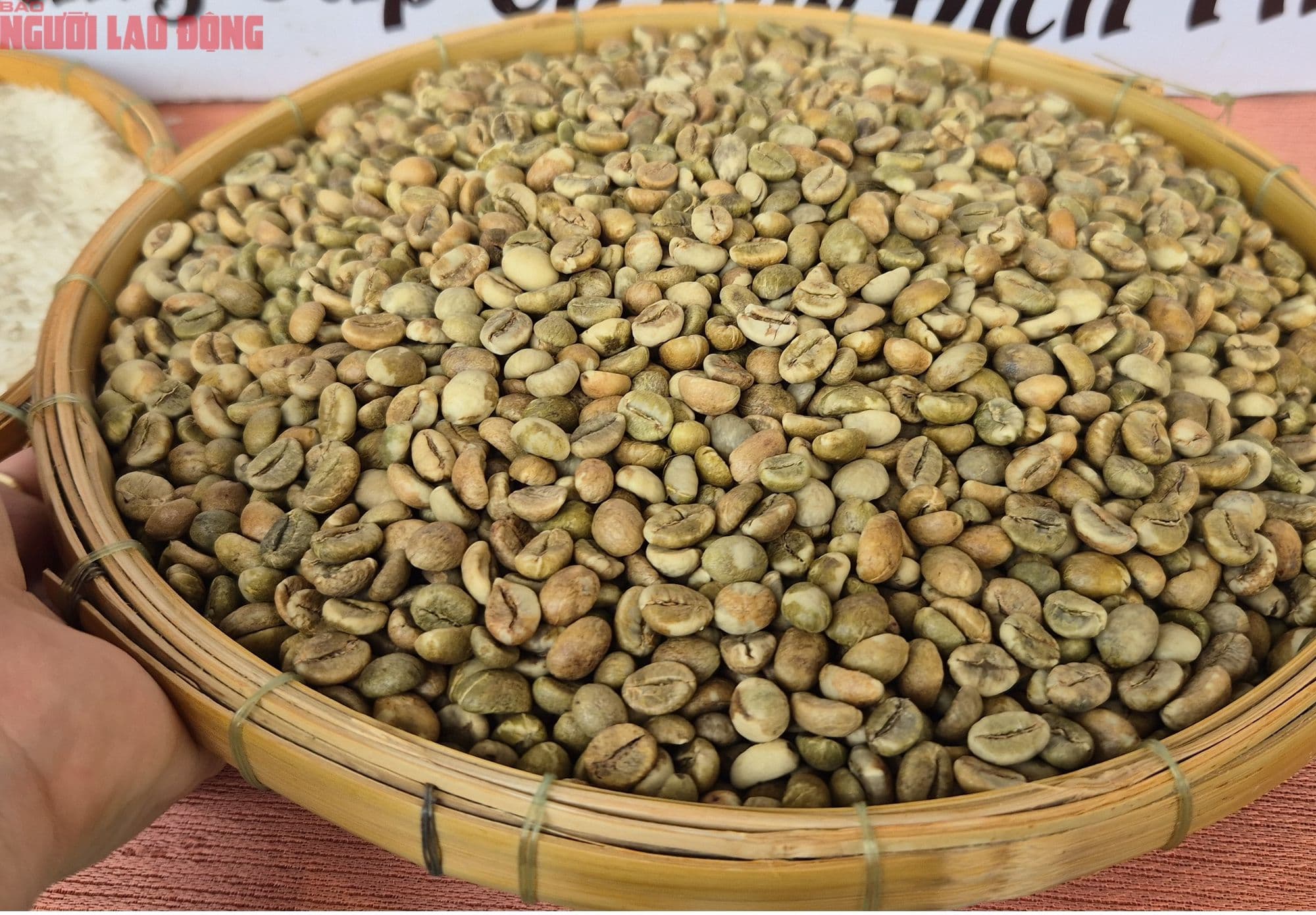Sweet Success, Bitter Policy? Navigating Vietnam's Unprecedented Coffee Season
Vietnam's coffee industry soars with record prices & exports. Yet, new VAT policies present a critical challenge for exporters. Explore the brewing dilemma in this booming market.
A Golden Harvest: Vietnam's Coffee Triumph Unveiled
's coffee industry has just wrapped up what many are calling a truly "dream" season for 2024-2025, marking an unprecedented period of success. According to the , the nation exported a staggering 1.5 million tons of coffee, generating a record-breaking revenue of over $8.4 billion. This represents a modest 1.8% increase in volume but a phenomenal 55.5% surge in export value compared to the previous season. What truly sets this season apart, however, is the average export price, which soared to an unparalleled $5,610 per ton (including processed coffee), a remarkable 52.7% jump. This figure is not just a new high; it's a historical milestone, fundamentally reshaping perceptions of 's role and potential in the global coffee market. The sheer scale of this economic uplift has created a palpable sense of triumph across the sector, setting a new benchmark for future harvests.
The Farmer's Fortune: Prosperity Amidst Peak Prices
For the farmers themselves, this past season wasn't just good; it was transformative. Vice Chairman, , aptly described it as a "dream come true" for coffee growers. The average price received by farmers hit an incredible 120,000 VND per kilogram, a staggering threefold increase from the 40,000 VND/kg they typically saw in prior years. Imagine the impact this has on rural livelihoods, enabling investments, improving living standards, and fostering a renewed sense of optimism among those who toil the land. This surge in farm-gate prices means that growers didn't just have a successful harvest in terms of yield, but also a spectacularly profitable one. It's a rare confluence of high demand and favorable market conditions that has filled the pockets of countless farmers, allowing them to reap the rewards of their hard work like never before.
Global Footprint: Record Exports and Value Surges
Beyond the individual farmer's prosperity, 's coffee sector has undeniably strengthened its global footprint. The previously mentioned export figures of 1.5 million tons and over $8.4 billion in revenue aren't just numbers; they tell a story of enhanced market presence and influence. Despite only a slight increase in export volume, the dramatic rise in value underscores 's ability to command higher prices on the international stage. This exceptional performance, driven by an average export price of $5,610 per ton, signifies a shift in perception and demand for coffee, particularly its robusta varieties. The nation is no longer just a volume player; it's a value creator, with its beans increasingly sought after by global consumers and roasters. This record-setting achievement solidifies 's position as a dominant force, shaping global coffee trade dynamics and setting new expectations for its future contributions to the world's coffee cup.
The Exporter's Quandary: Unpacking the VAT Challenge
Yet, beneath this gleaming veneer of success, a significant challenge looms for coffee exporters. A new regulation, effective July 1st, mandates a temporary 5% Value Added Tax (VAT) payment, creating an acute capital shortage. This isn't a minor administrative hurdle; it's a critical financial bottleneck. Exporters now find it incredibly difficult to accumulate inventory during the peak harvest season when prices might be more favorable. Instead, they're forced to buy only when absolutely necessary, disrupting traditional purchasing patterns. , Chairman of , highlighted the severity of this issue, pointing out that his company's annual export revenue of 18 trillion VND would necessitate a temporary VAT payment of 900 billion VND. This figure dwarfs their charter capital of 400 billion VND, presenting an unsustainable financial burden. If this policy persists, companies like , vital players in the export market, might be forced to scale back their international ambitions and pivot towards the domestic market, with profound implications for 's global trade presence.
Market Dynamics in Flux: Who Holds the Beans?
This VAT regulation isn't just a financial headache for exporters; it's fundamentally reshaping the power dynamics within 's coffee supply chain. With exporters constrained by capital, farmers are increasingly becoming the de facto arbiters of supply and price. They now have greater leverage to hold onto their beans, releasing them to the market at times they deem most advantageous. This shift, while empowering farmers in the short term, also introduces new risks. As cautioned, prolonged stockpiling by farmers could lead to an oversupply, potentially crashing prices as seen in the pepper industry, where prices plummeted from 250,000 VND/kg to a mere 35,000 VND/kg. The delicate balance between farm-gate prosperity and export stability is now precarious. The industry faces a critical juncture: will this policy inadvertently create instability despite a bumper harvest, or will it force innovative adaptations that redefine 's coffee market for years to come? The answer lies in how quickly solutions can be found to ensure both farmers and exporters can thrive.
Related Articles

Brewing a New Reality: The Unseen Forces Behind Coffee's Historic Climb

Brewing a New Reality: The Unseen Forces Behind Coffee's Historic Climb

Coffee's August Surge: Decoding the Market's Unpredictable Brew

Coffee's August Surge: Decoding the Market's Unpredictable Brew

Turbulence in the Bean Market: Unmasking the Power Plays Behind Coffee Prices

Turbulence in the Bean Market: Unmasking the Power Plays Behind Coffee Prices

The Golden Bean Rush: Asia's Ascent and the Rewriting of Global Coffee Prices
